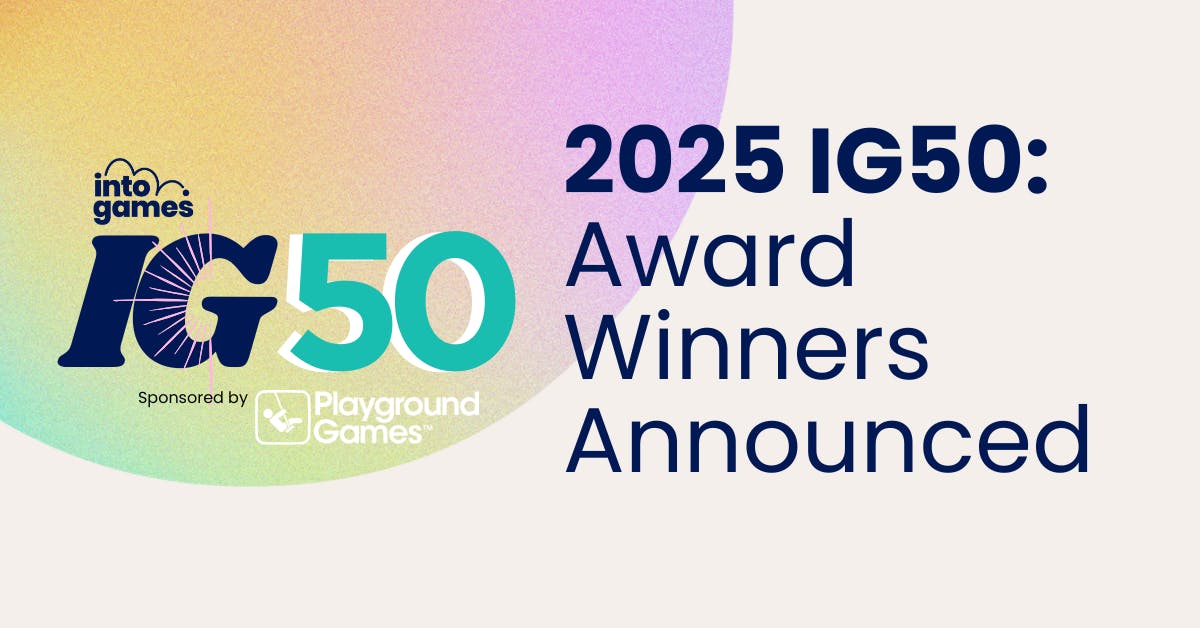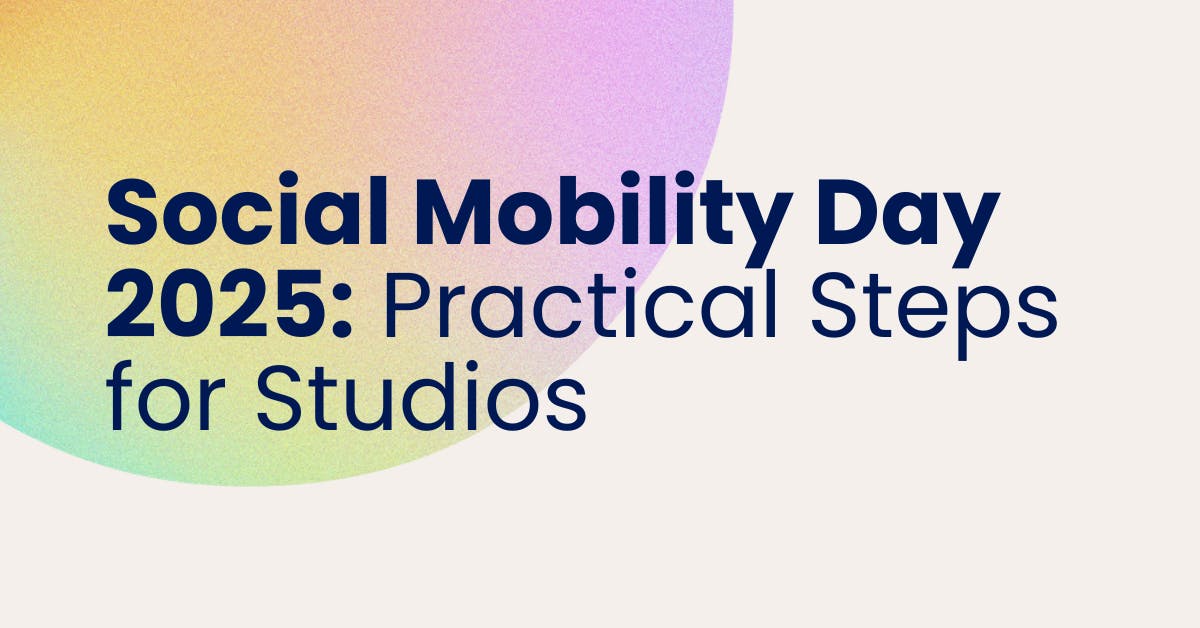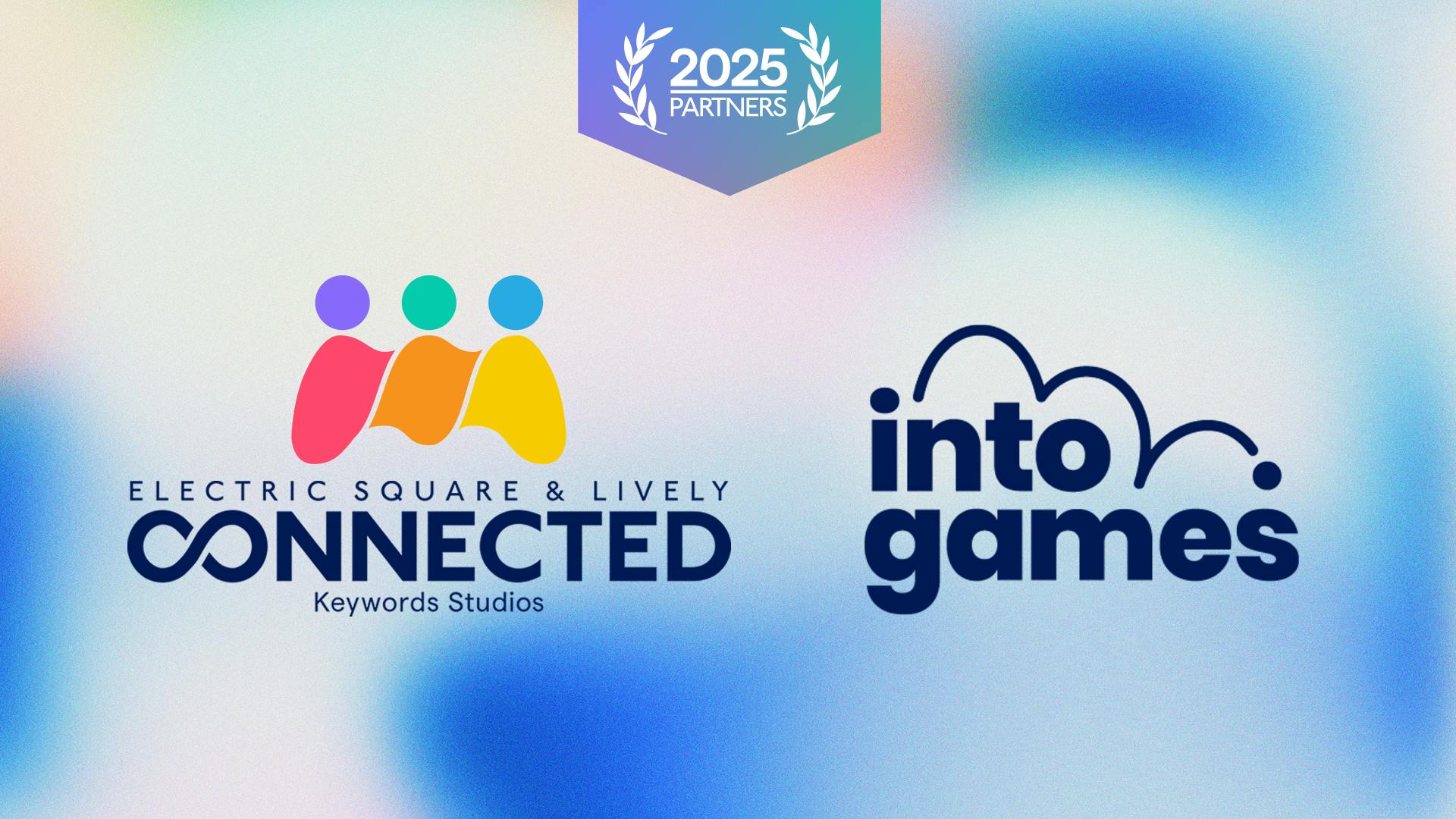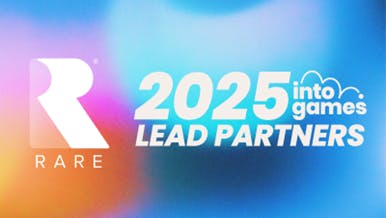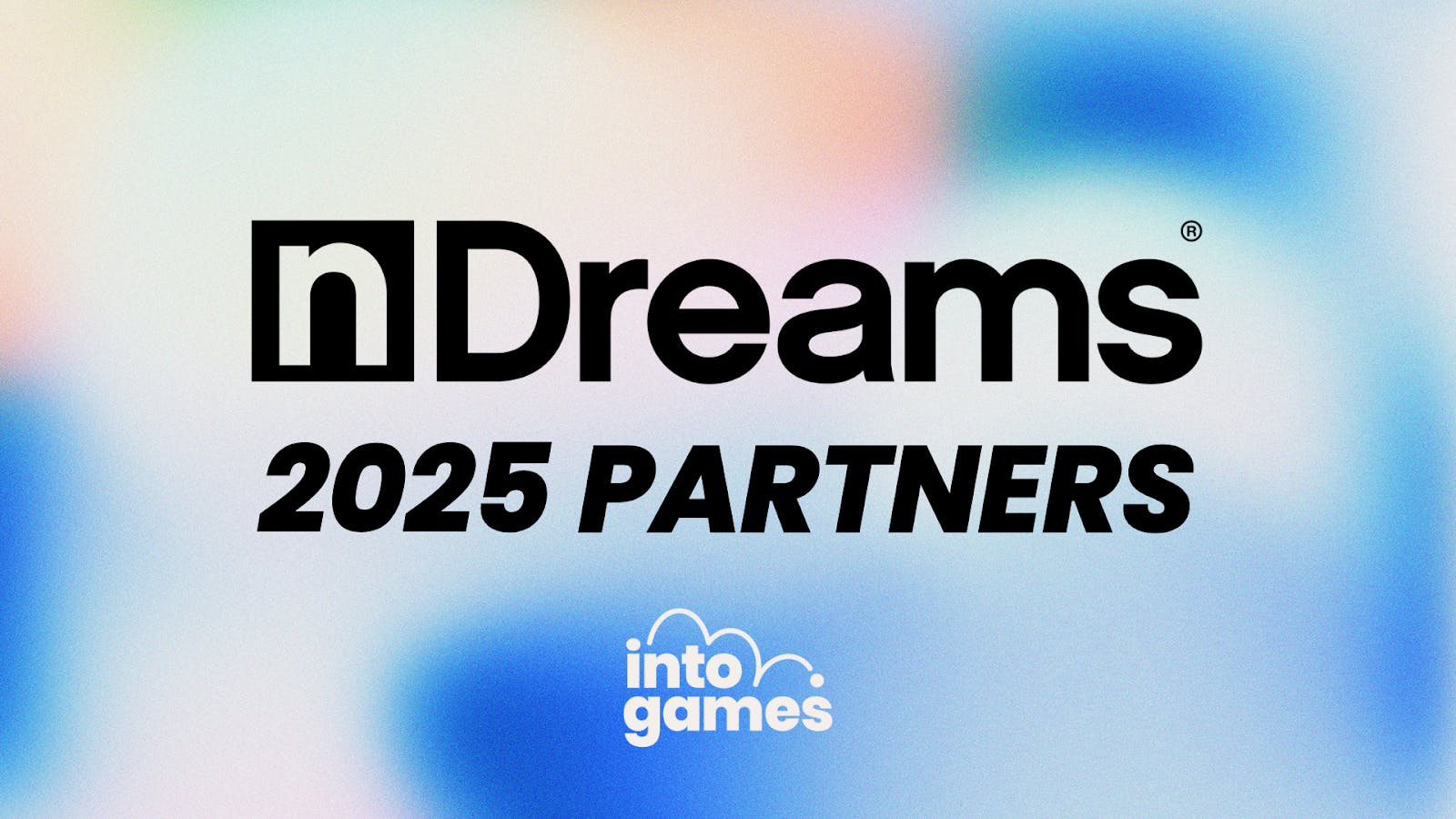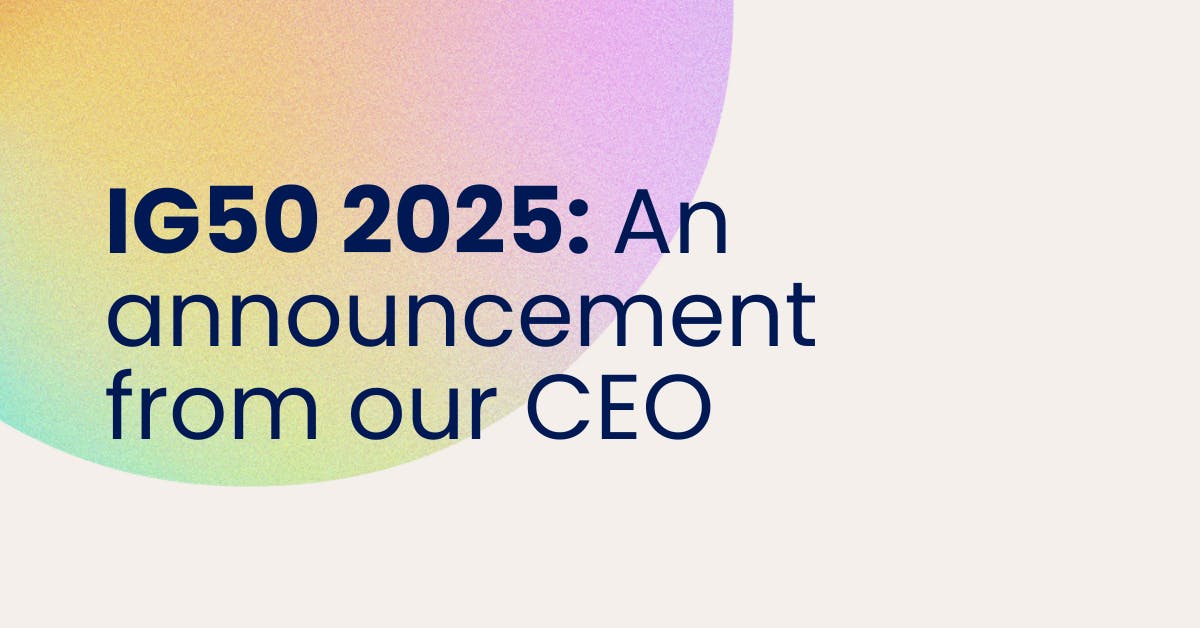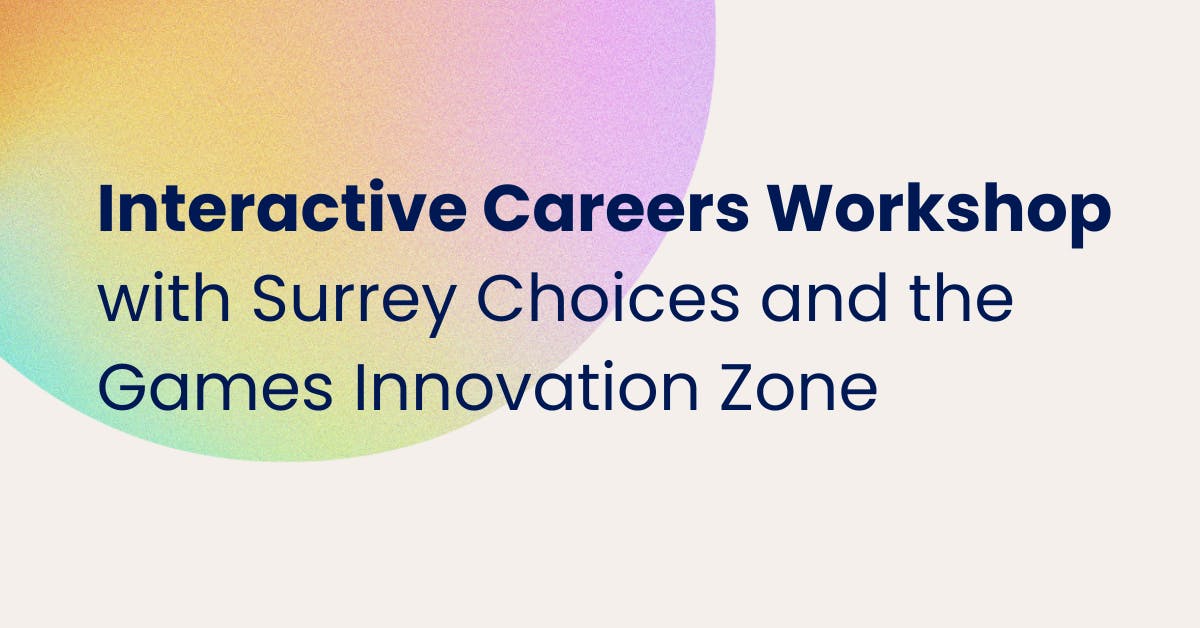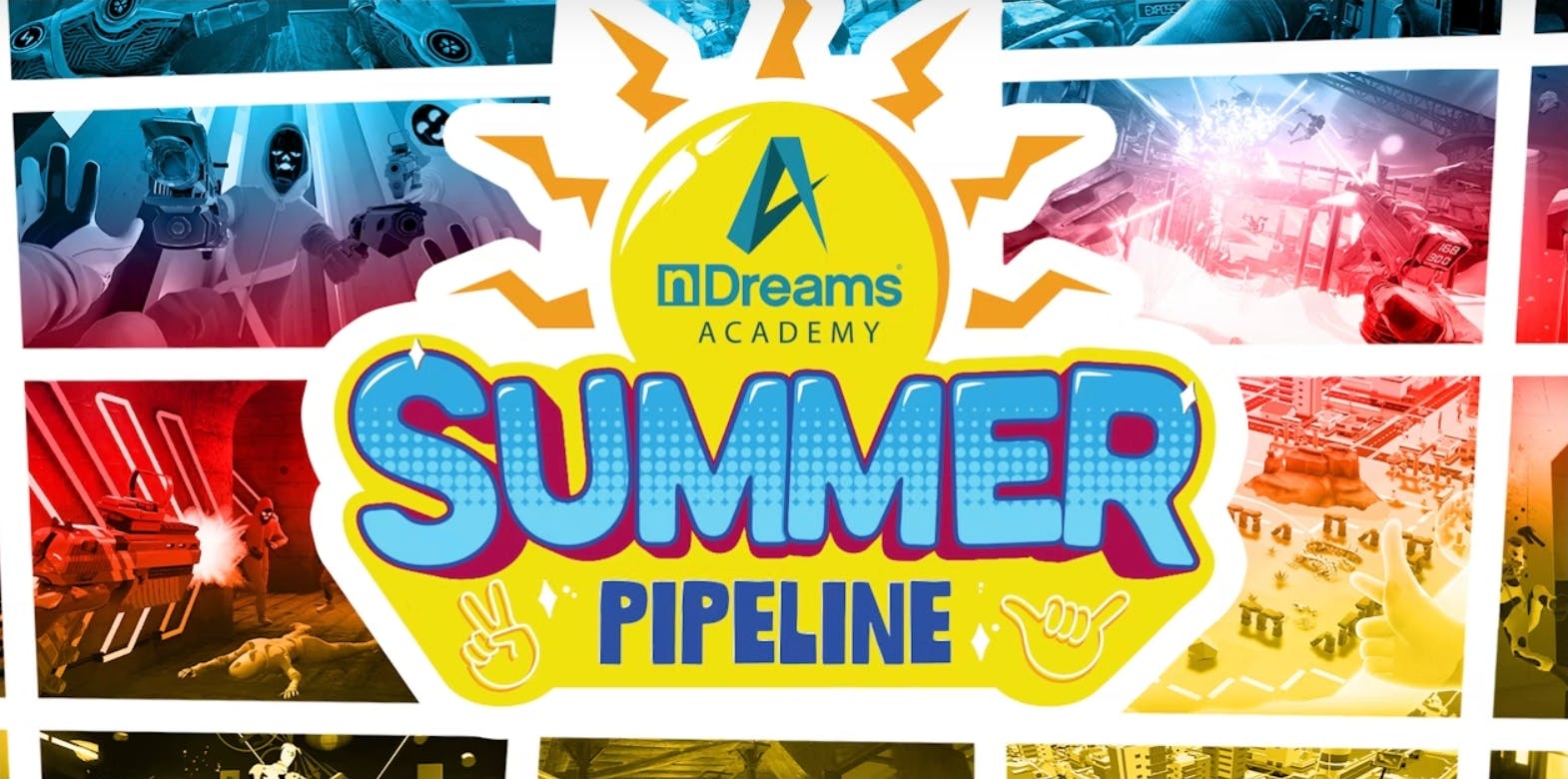
6 October 2020
What does an XR Producer do?
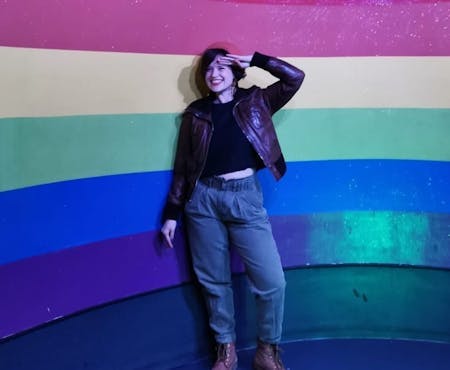
XR stands for Extended Reality, an umbrella term for technology-driven altered reality that includes Augmented Reality (AR), Virtual Reality (VR) and Mixed Reality (MR).
Sarah Ticho has a background as a producer, researcher and curator specialising in arts, health and immersive technology, working with a wide range of institutions and organisations including Fabrica Gallery, Lighthouse, TedXSydney, The Big Anxiety Festival and Stanford University. Sarah is currently producer for Explore Deep, an award-winning meditative virtual reality game controlled by breathing. We asked Sarah, some key questions about getting into the games sector.
Explain your role like I'm 5 years old
I help organise the team, think about who will use the game and make partnerships with places that will use the game for research, health and play.
Take us through your average day at work
I often work remotely, and spend my time writing emails to the team, organising and running meetings where we plan the development, collaborations, funding applications and submit proposals. I also do lots of strategy work and imagine what the future of games for health might look like.
What was your educational and career journey into your current role?
I studied anthropology - biological and social, with a year in Japan at university. Studying abroad gave me an opportunity to travel with purpose as opposed to the 'gap year' which didn't quite appeal. I worked in the NHS before moving into contemporary art and film - I managed offices, assisted with administration and worked on a variety of events and exhibitions which opened my eyes to both the practical and artistic approaches to storytelling.
I initially became interested in virtual reality after dealing with some challenging mental health experiences. I wanted to use it as an interactive storytelling tool, and through learning more about it, I became fascinated by its applications in health, entertainment and research.
I didn't expect my career path to turn out like this, I followed my interest and intuition - and enabled me to learn about and be part of a world I never would have imagined existed even five years ago. Whilst I would rather spend more time making games and interactive experiences than planning and preparing for them, I love understanding the whole process and the people I work with make the experience so much more enjoyable.
What do you love most about your role?
That I get to work with artists and scientists and explore how these two worlds can come together. This is exciting new territory and it's fun making up the rules as you go.
What's the hardest thing about your role?
Feeling isolated, and having to both maintain motivation and continue to fund my existence.
What key skills should people work on to do your role one day?
People skills - being a good listener, approachable, excited about this area. Integrity is so important, and a passion to keep learning. What I didn't expect to be my most valuable skill was the thing that came so naturally to me - learning the landscape (which happened through researching who is doing what) and being able to connect the dots.
What advice would you give to your younger self looking to get started in the industry?
The people at the top of the hierarchy don't always know best. When something doesn't feel right - stick up for yourself. If you feel unsure/scared/lost - find a mentor or other people in the same boat and build a network of people that can support each other.
Do you have any links to good articles or videos that you think might give some tips or advice to someone starting in your role?
This talk is one of the most useful pieces of advice I've ever received - the best performance of this is when he performed it at Sydney Opera House, for a festival called Bingefest.
YouTube Video: Jad Abumrad: Embrace the "Gut Churn" of the Creative Process
Stay up to date
It's time to level up your inbox
Pick which newsletters you're interested in receiving, and customise further by specifying a discipline.
Join our mailing listTell me more
